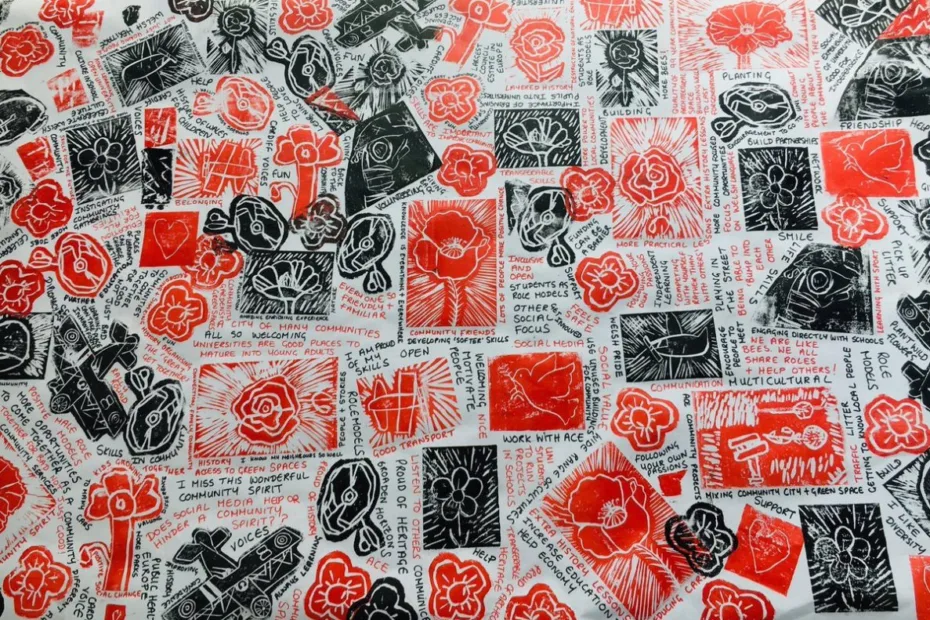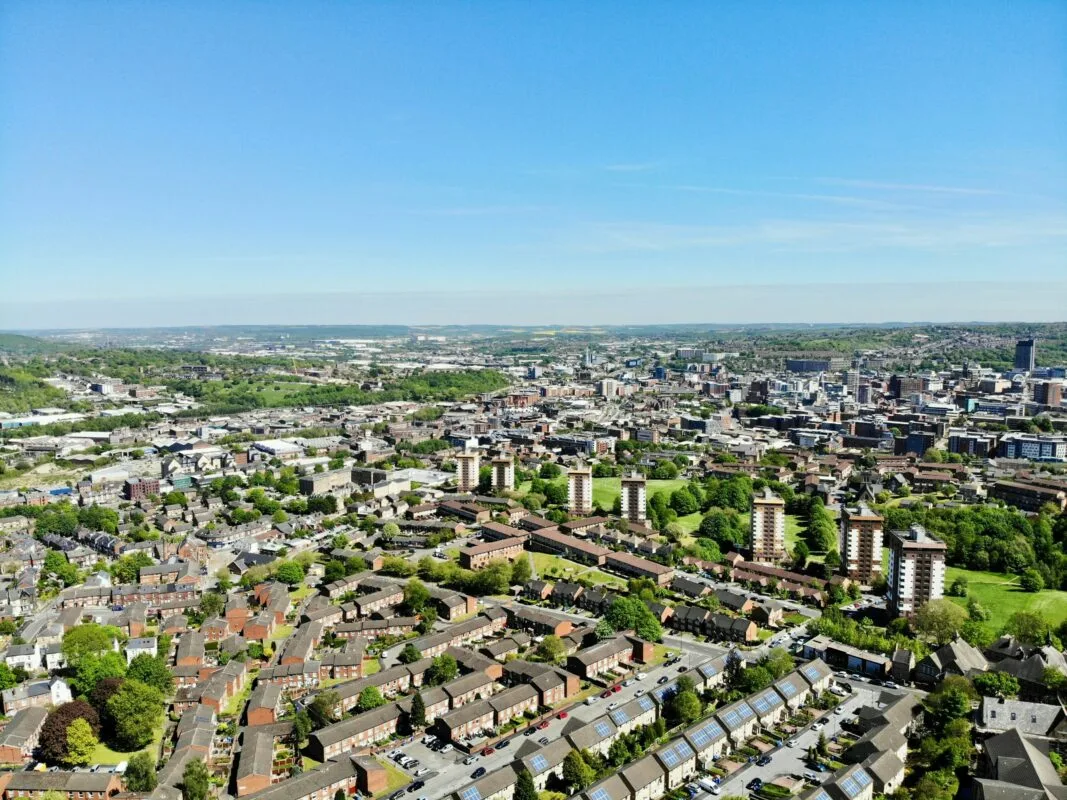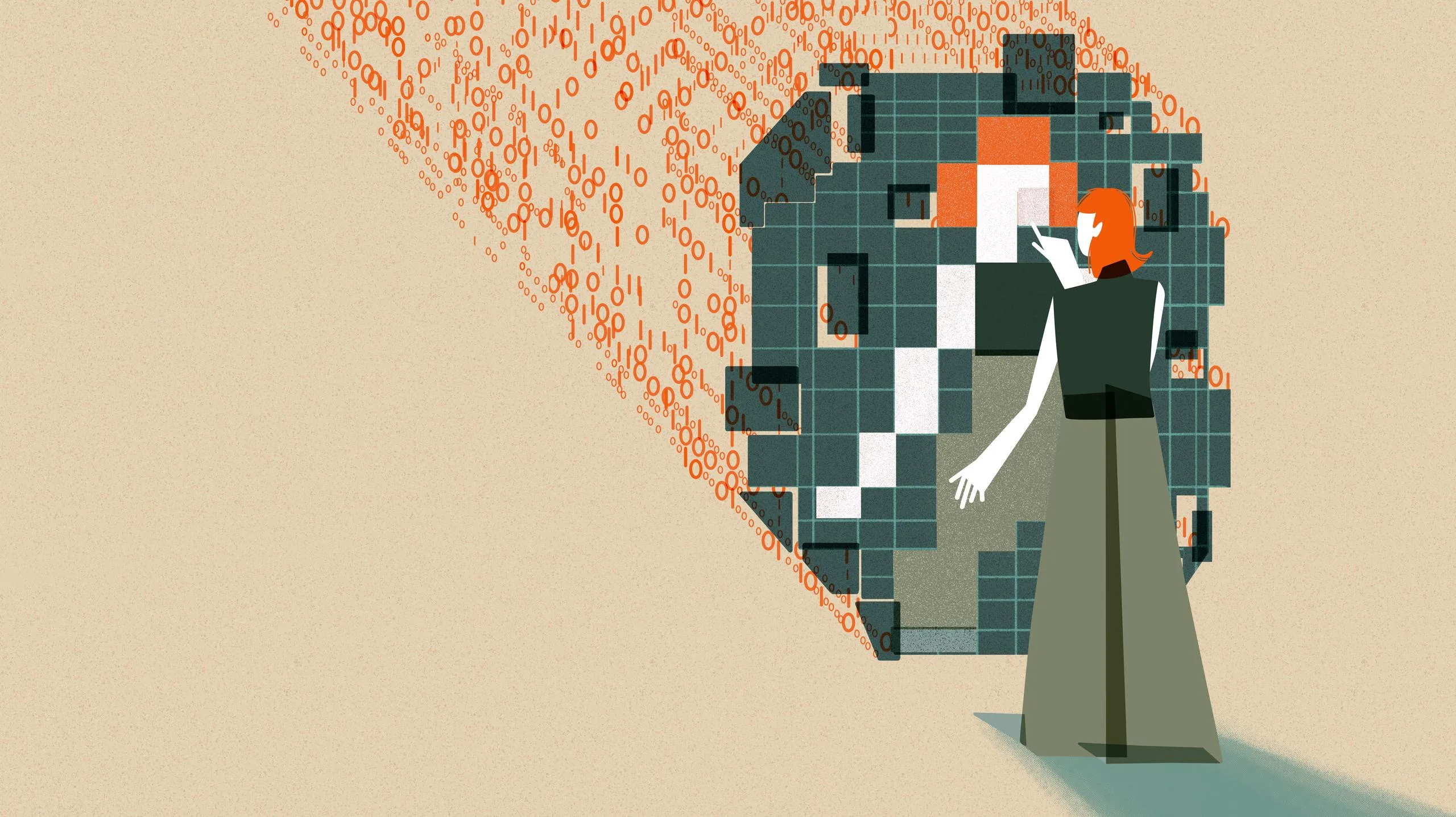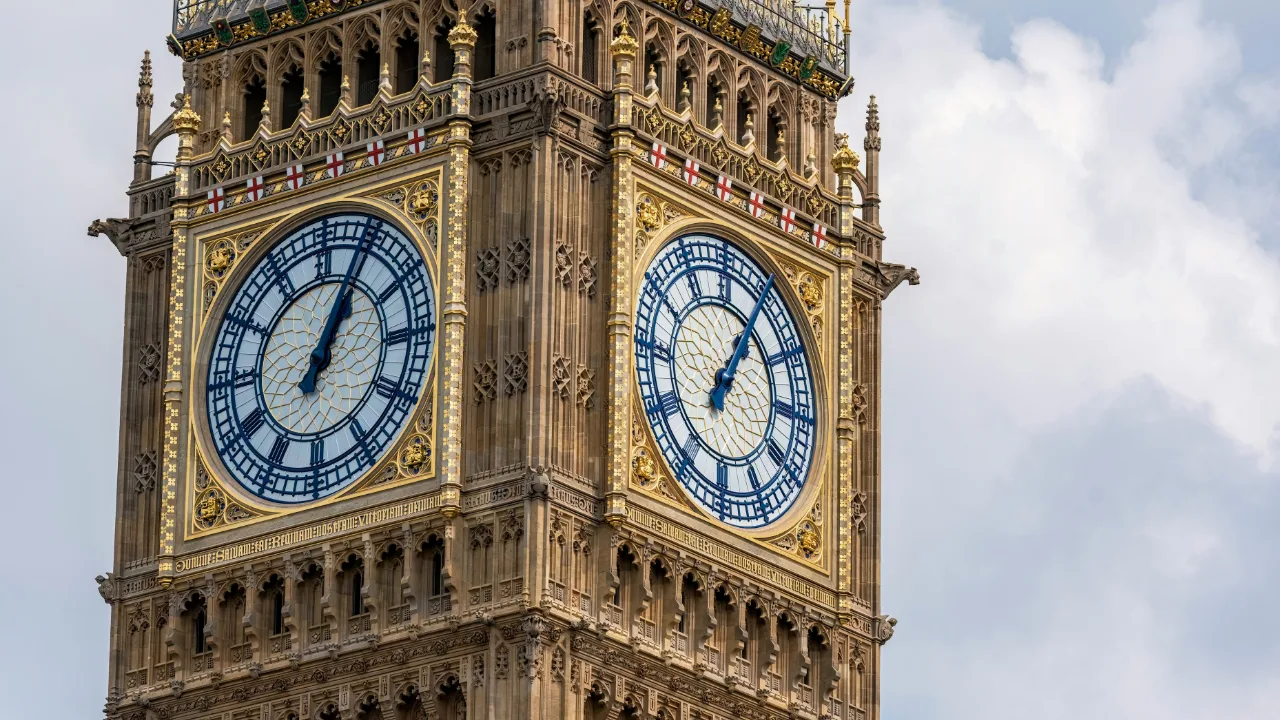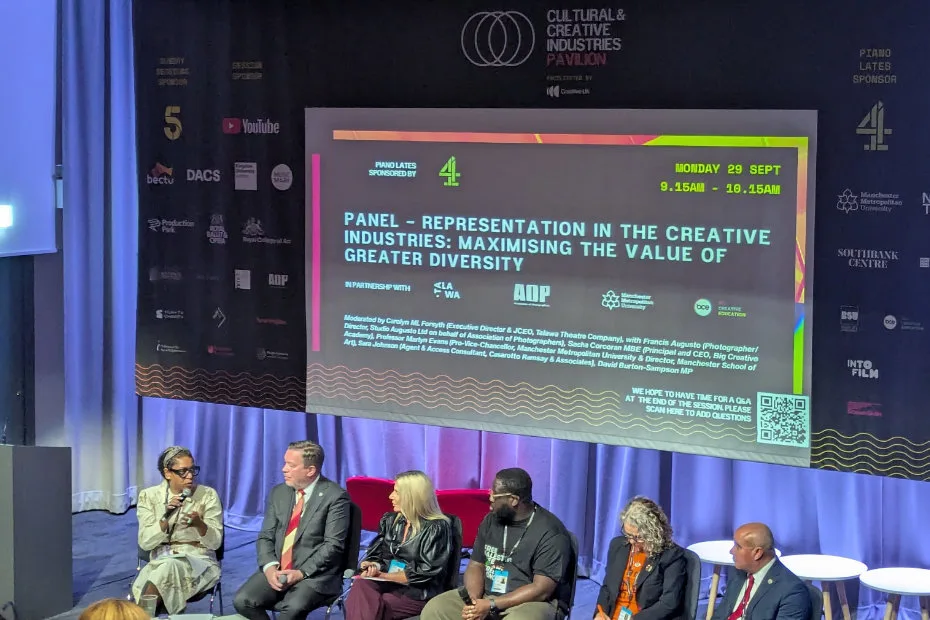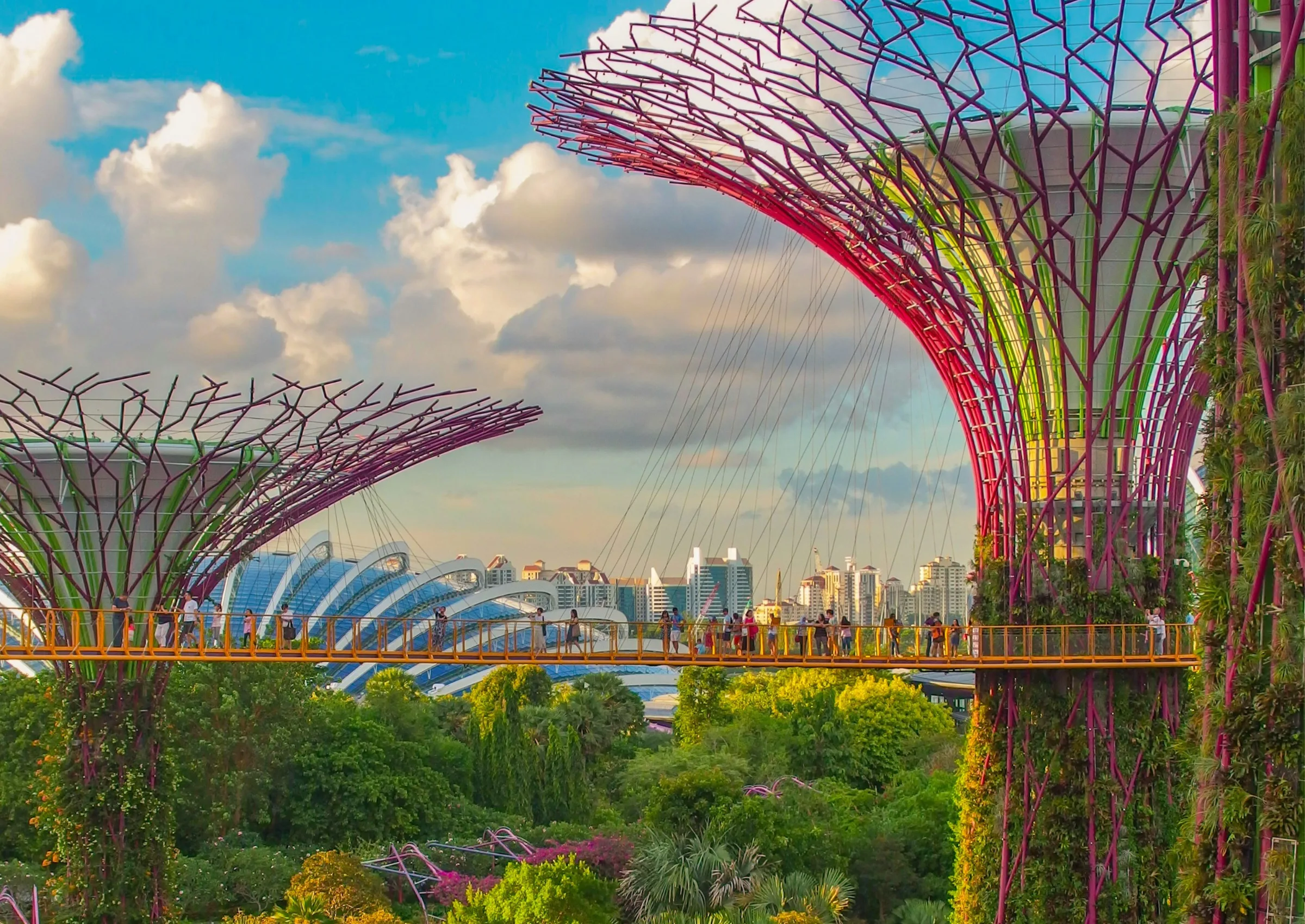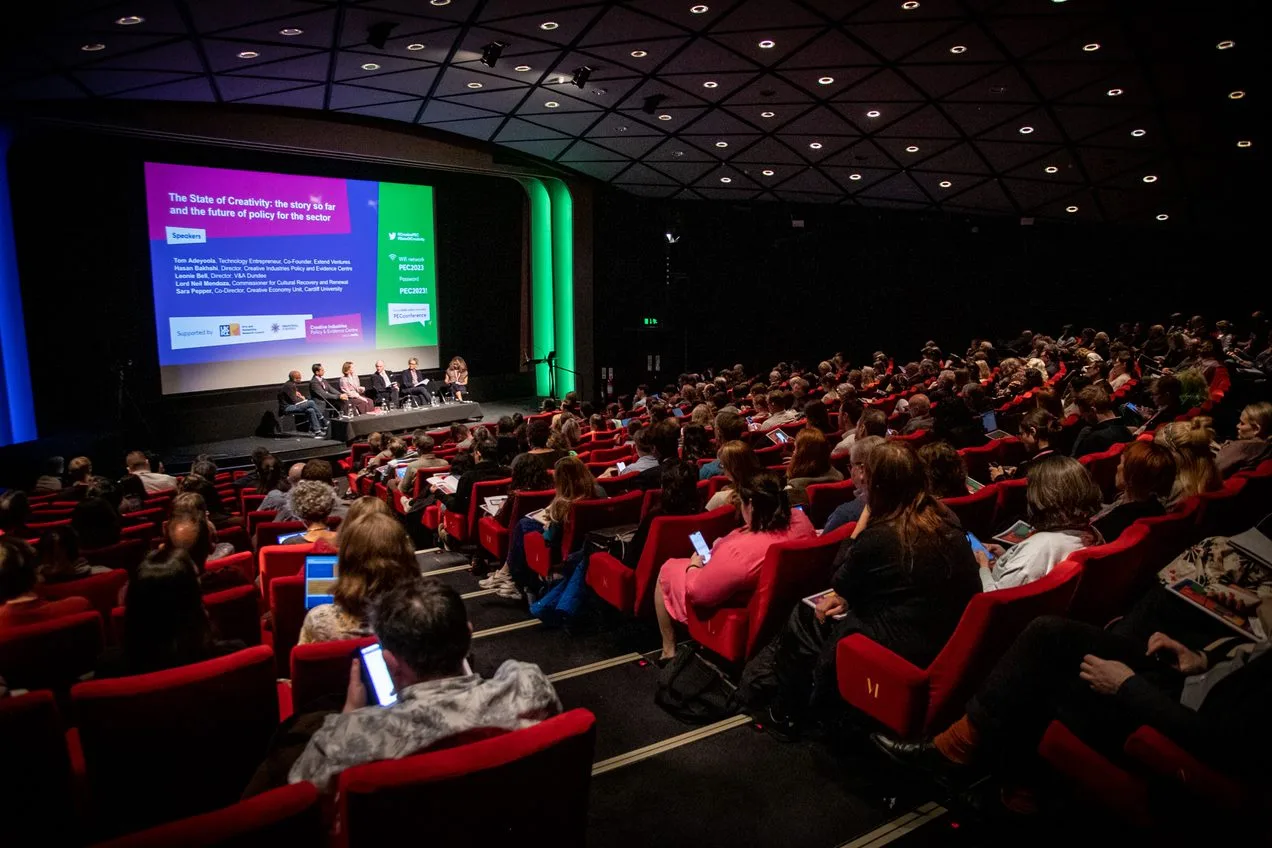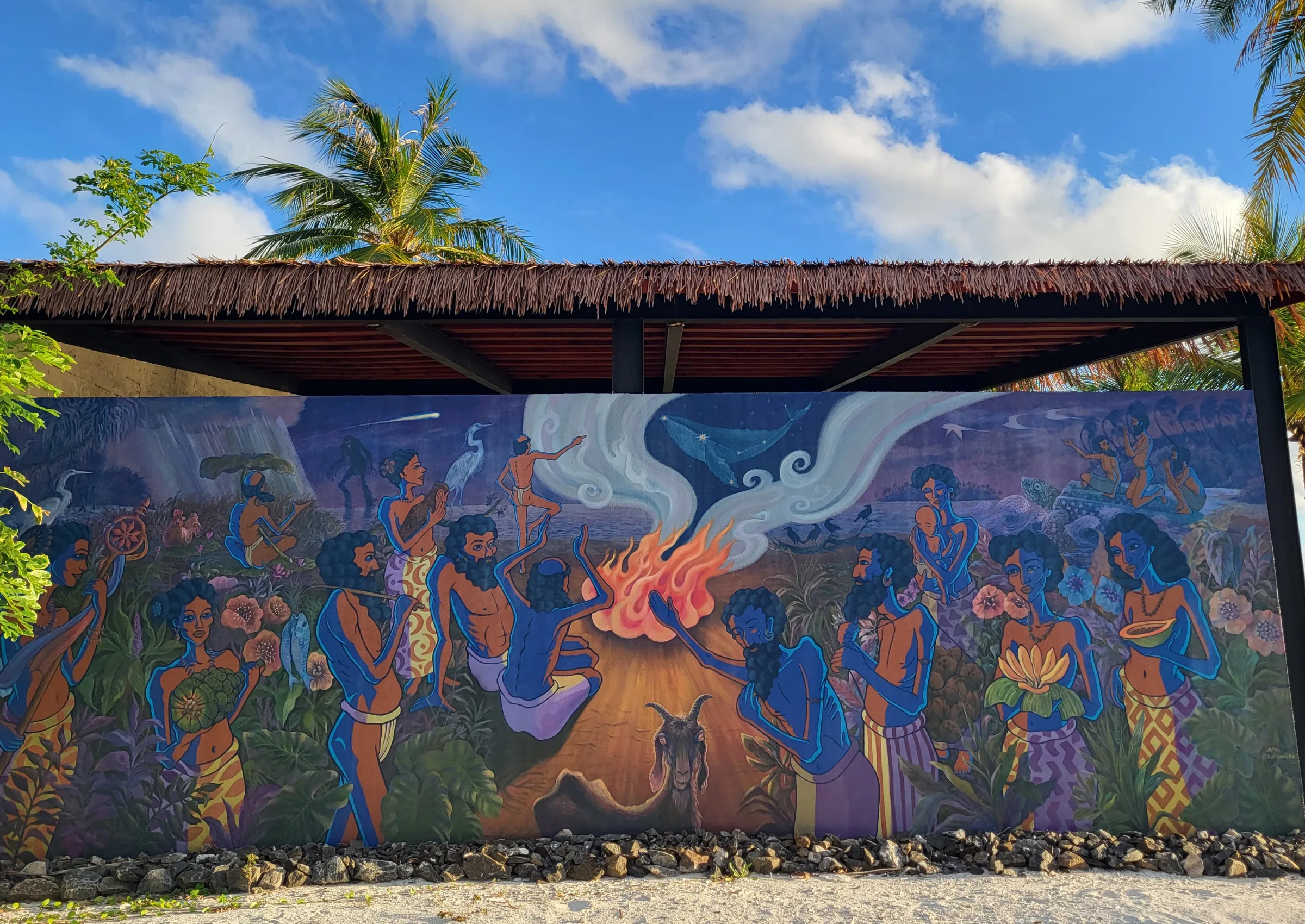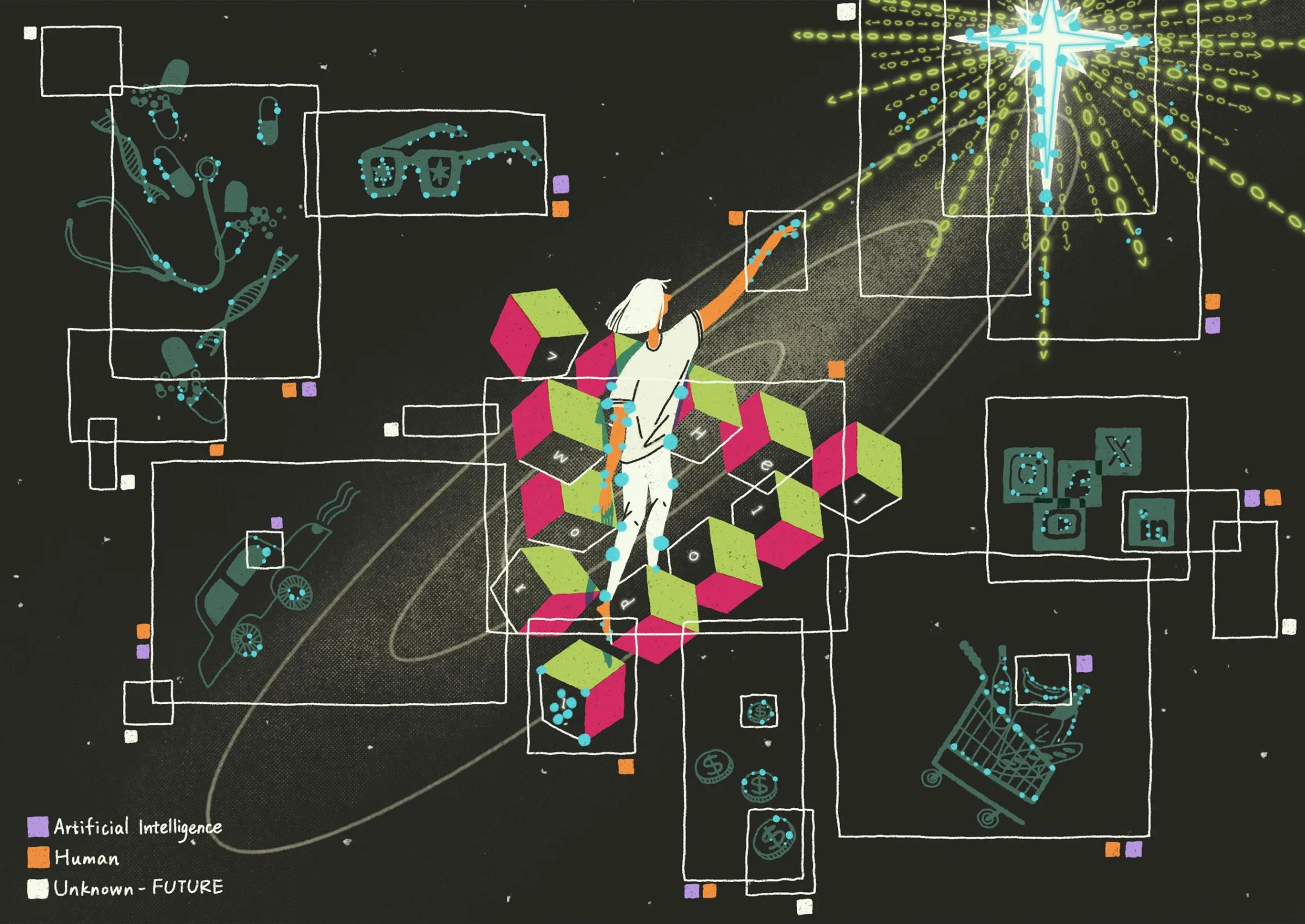The broad scope of the PEC’s arts and culture area of work is orienting us in many directions; some anticipated, others less so. Given the priorities set by Arts Council England in their 10-year strategy of widening participation, increasing diversity and tackling inequality with a focus on children and young adults, as well as the PEC’s broader interest in creative education, we were intrigued to take part in an event this month that promised to centre these themes, albeit in a rather unusual format.
As one of the concluding events from the AHRC WW1 Engagement Centres programme (2014-2019), this policy breakfast event reflected on the learnings from those centres about how universities, communities and cultural institutions can most productively and creatively work in partnership. Five policy breakfasts are happening across the UK this year, culminating in an event at the Houses of Parliament in November. The idea is to use these events to co-create a set of policy recommendations related to public history, heritage and meaningful collaboration going forward.
Policy breakfasts are a curious format, often an opportunity for the dissemination of information, plenary discussions or Q&A. This ‘Heritage, Community and Opportunity’ policy breakfast was attempting to do something different. Held at Cardiff West Community High School – a brand new school located in communities with significant talent and heritage, but which face social and economic challenges – this event was embedded in the school and local community, and led by the pupils as a ‘barriers down’ conversation.
Incorporating food and lively debate, it was organized by local community development workers and facilitated by a local artist, bringing together pupils, parents and policy makers – including Mark Drakeford, the Welsh First Minister – in an equal and reciprocal co-production partnership that explored how to widen participation and progression to higher education through heritage.

Sat at the table includes: Professor Ian Grosvenor from University of Birmingham and lead of World War One Engagement Centre: Voices of War and Peace, Karen Brookfield, former deputy director of strategy at the National Lottery Heritage Fund, and Mark Drakeford, First Minister of Wales.
The event was a reminder to us to keep our conceptualisation of public, social and cultural value dynamic, and attuned to the realities of cultural and creative production in particular contexts; local, regional and national. Cardiff West is at the heart of the Caerau and Ely Rediscovering (CAER) Heritage project: an award-winning university-community partnership that works with the local communities of the Cardiff suburbs of Caerau and Ely to explore the rich past of the area and enhance community cohesion and well-being. It’s a collaborative project that seeks to engage local residents and school children in their shared history and help challenge marginalisation, while creating opportunity, skills and new knowledge. The CAER project is developing educational opportunities that align with the Welsh Government’s Fusion: Tackling Poverty through Culture programme.
“The communities of Caerau and Ely are full of amazing talent and young people who are engaged and fascinated by their heritage. This event not only showcased this to University partners across the UK, but also created a space for an equal and reciprocal dialogue between young people, community workers, teachers, academics and policy makers. We hope this will shape future directions for the ways that Universities can work and be embedded in community contexts.”Dr Dave Wyatt, Senior Lecturer in Early Medieval History at Cardiff University and co-director of the CAER Heritage Project.
As part of CAER Heritage the Dusty’s First World War project researched the legacy of the First World War in the community of Ely through the history of its social housing. The objective was to think positively about social housing as a constructive aspect of local culture and heritage – an example of the ways in which cultural production can be diversified to challenge socio-economic inequalities. The original Ely Housing Scheme was designed and built just after the First World War, and it was based on the Garden City principles developed by Sir Ebenezer Howard. Using the vision and aspirations of the Ely garden village – via maps, photos and other archival materials – the participants in the policy breakfast talked about culture and heritage in relation to place-making and their hopes and concerns for their communities, including their (lack of) opportunities for accessing arts, culture and higher education.

‘When I think about university, I think it can apply the skills you need for the future’. Post-it with a Cardiff West Community High School pupil’s answer to the question ‘What are universities for?’.
While the conversations revolved around important issues regarding the sustainability of the participants’ communities, the policy breakfast was part of a fun, family learning day at the school and dovetailed with other exciting festival events that took place in various locations across Cardiff over 5-6th July 2019.
The Four Nations Community Festivals focus on understanding the challenges and opportunities of collaborative work around history, heritage and commemoration. Some of the projects included in the festival included Journey from Home, which presented research into the stories and experiences of South Asian men from different faiths (Muslims, Sikhs and Hindus) that fought as part of the British forces during the First World War; a project focused on the contribution made to WW1 by the Chinese Labour Corps; the Caribbean Homefires project, which explored the role of women on Caribbean islands after men joined up to serve in WW1; and a number of art installations including the Famous 50 exhibition.

Chinese New Year concert party on Western Front. Wenlan Peng from the Meridian Society spoke about her work on Chinese Labour Corps.
We also heard from the artist and Youth Engagement Coordinator at Amgueddfa Cymru – National Museum Wales – Sarah Younan, two days after it was announced that St Fagans National Museum of History had been awarded the Art Fund Museum of the Year 2019. Younan’s Youth in Museums project explores the value of youth-led engagement with heritage, and her ‘not about me without me’ approach to heritage is one of the recent successes of St Fagans. It is a telling example of the importance of devising new strategies for widening participation, such as engaging younger generations of artists and activists in re-thinking the role of heritage and museums in relation to broader societal challenges, including tackling climate change.
“We need less litter and pollution. More bins are needed – the pupils thought this but the adults disagreed and said it was not that bad in comparison to other places.”Cardiff University student.
The event was a wonderful example of the ways in which researchers, institutions and policymakers might involve communities – including children and young adults – at different stages of planning, delivery and evaluation of their projects and programmes. The ‘barriers down’ dialogue between people from a range of backgrounds showed how universities and arts and cultural institutions can help communities explore their challenges – including through heritage. It enabled new networks, opportunities and policy directions as it offered a space for participants to discuss questions about accessibility, representation, diversity, inequality, education and skills – all of which are important to the arts and culture sector as well as to PEC’s research agenda.
Most importantly, it did so by building on the ethos of the CAER Heritage project and the First World War Engagement Centres, in seeking to bring the beneficiaries of these programmes to the fore, enabling them to exercise their agency. It was an incredible opportunity to be a part of an event where young students were the ones running the show for a change. Note taken.
This blog is written by the PEC team researching Arts, Culture and Public Service Broadcasting @CardiffJomec. All correspondence related to this can be directed to the blog’s lead authors Dr Jenny Kidd KiddJC2@cardiff.ac.uk and Dr Eva Nieto McAvoy nietomcavoye@cardiff.ac.uk
The PEC’s blog provides a platform for independent, evidence-based views. All blogs are published to further debate, and may be polemical. The views expressed are solely those of the author(s) and do not necessarily represent views of the PEC or its partner organisations.
Related Blogs
Why London is investing in Creative Enterprise Zones
London Mayor Sir Sadiq Khan announces £2.2 million in new funding for Creative Enterprise Zones.
Research resources on Creative Clusters
We’ve collated recent Creative PEC reports to help with the preparation of your Creative Cluster bid…
What UK Job Postings Reveal About the Changing Demand for Creativity Skills in the Age of Generative AI
The emergence of AI promises faster economic growth, but also raises concerns about labour market di…
Creative PEC’s digest of the 2025 Autumn Budget
Creative PEC's Policy Unit digests the Government’s 2025 Budget and its impact on the UK’s creative …
Why do freelancers fall through the gaps?
Why are freelancers in the Performing Arts consistently overlooked, unseen, and unheard?
Insights from the Labour Party Conference 2025
Creative PEC Policy Adviser Emily Hopkins attended the Labour Party Conference in September 2025.
Association of South-East Asian Nations’ long-term view of the creative economy
John Newbigin examines the ASEAN approach to sustainability and the creative economy.
Culture, community resilience and climate change: becoming custodians of our planet
Reflecting on the relationship between climate change, cultural expressions and island states.
Cultural Industries at the Crossroads of Tourism and Development in the Maldives
Eduardo Saravia explores the significant opportunities – and risks – of relying on tourism.
When Data Hurts: What the Arts Can Learn from the BLS Firing
Douglas Noonan and Joanna Woronkowicz discuss the dangers of dismissing or discarding data that does…
Rewriting the Logic: Designing Responsible AI for the Creative Sector
As AI reshapes how culture is made and shared, Ve Dewey asks: Who gets to create? Whose voices are e…
